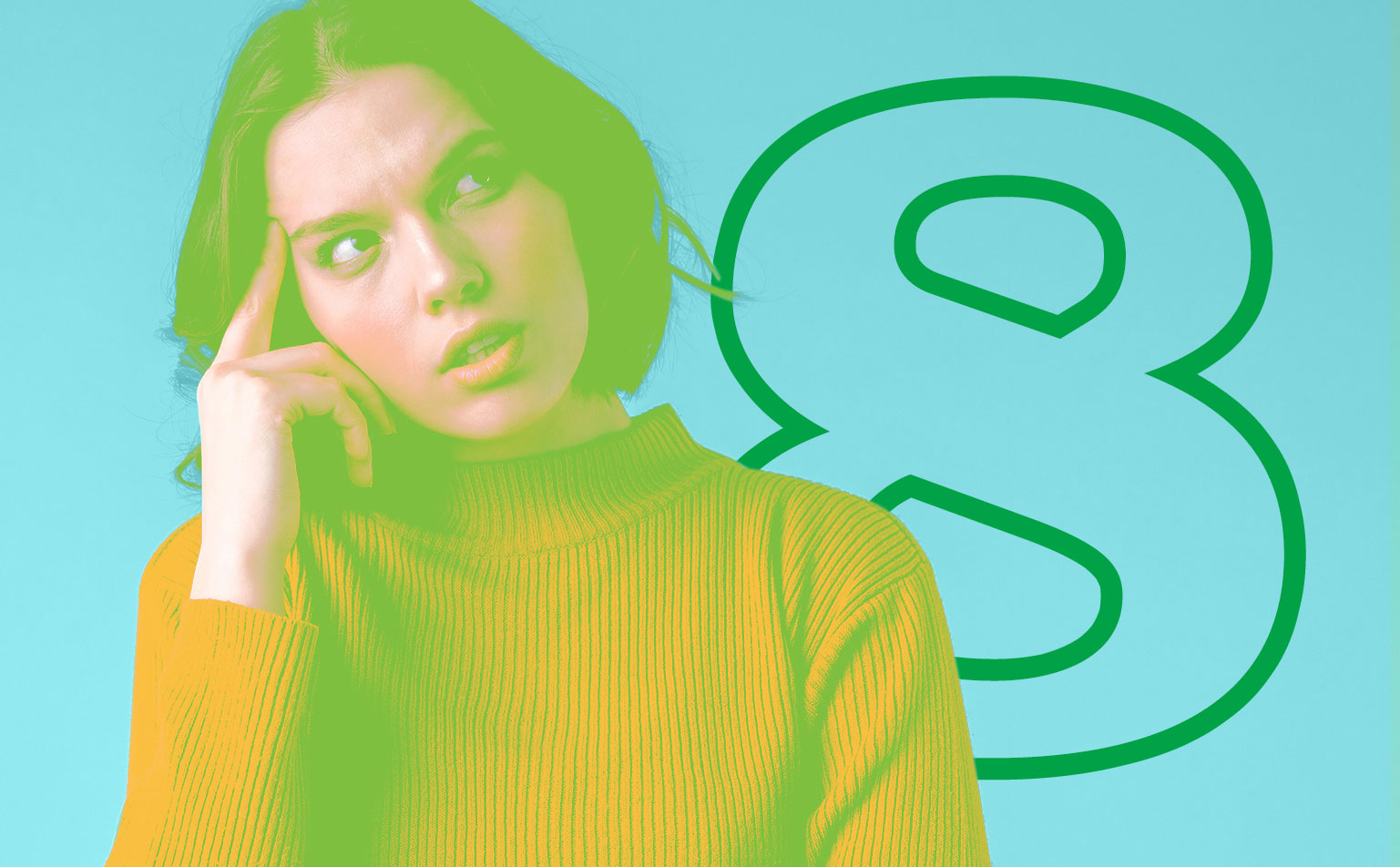Unless you’re studying accounting, filing your taxes as a student might be a bit of a mystery. With all the different codes, credits, and tax deadlines, it’s easy to get overwhelmed.
If you’ve never filed your own tax return and don’t know where to start, take a deep breath. You’ve come to the right place! We’re answering the questions that students have about tax season—even the super basic ones you might be too scared to ask—so you can file with confidence.
1. When are my taxes due?
April 30 is the date most Canadians need to remember. For the majority of tax filers, this is the deadline to pay any tax that you owe AND file your return. However, if you (or your spouse or common-law partner) run a business, you have until June 15 to file.
2. Can I file my return early?
Yes! The Canada Revenue Agency (CRA) started accepting electronic returns as of February 24. If you want to skip the tax-processing queue or get your refund early, then it’s a good idea to file early. But having a big tax bill is also a good reason to file early because you can set up a plan to pay your tax in installments. The more you manage to pay by April 30, the fewer extra charges you’ll face.
3. What happens if I file my taxes late?
If you’re late to either settle your balance or send in your paperwork, you’ll face late-filing penalty and daily interest charges on any taxes owed. The CRA charges a late filing penalty of 5 percent of your balance owed plus an additional 1 percent for each month late. Also, keep in mind that the CRA charges interest on any amounts that you owe starting on April 30, regardless of when they receive your return, so it’s a good idea to file at least a few days before the deadline.
4. How can I figure out how much tax I owe?
The amount you owe depends on how much money you earn and the bracket you fall into. There are both federal and provincial tax rates so depending on where you live, this amount can differ. Furthermore, if you’re eligible for exemptions, credits or deductions (see question 5, below), you can use them to reduce your taxable income. This lowers the amount of tax you owe.
5. What’s the deal with exemptions, credits, and deductions?
These three things will reduce the amount of tax you have to pay, so they’re pretty important. Exemptions and deductions work the same way. They reduce your taxable income, which lowers your tax bill.
The difference between exemptions and deductions lies in what you get and take them for. You can take deductions for student loan interest, charitable deductions, tax preparation fees, etc. Exemptions are what you get for people in your family. You get one for being you, one for a spouse, one for each child and one for any other dependents.
Credits work differently. They’re basically a discount on your tax bill. So if you get a $1,000 credit, you pay $1,000 less in taxes.
6. What receipts should I be saving throughout the year, so I can “write them off?”
Well first, let’s define what “writing things off” means. When people talk about “writing off” items for tax purposes, they mean deducting that expense from their taxable income. (See question 5, above.)
In Canada, students can claim deductions for things like moving expenses and tuition so if you want to write these expenses off, you need to save your receipts for any related purchases. For instance, eligible moving expenses include transportation and storage costs, travel expenses, and temporary living expenses.
7. How can I get a bigger tax refund?
Short answer: see questions 5 and 6. The more exemptions, credits, and deductions you can apply to your tax return, the more money you’ll get back from the government. The average Canadian can expect a tax refund of around $1,620 but it’s important to understand that getting a big refund isn’t necessarily a good thing.
Instead of handing that money to the CRA only to get it back in May, you could have invested it and earned a return on it. Ideally, you want to aim for a refund or balance owing of $200 or less at the end of the tax year. That means you’ve been taxed just the right amount.
8. Is it better to DIY or get a professional to do my taxes?
While you can use tax software to file your own tax return, there are a lot of benefits to outsourcing the job to a professional. For instance, there’s the peace of mind of knowing that an expert is handling your taxes. Additionally, tax software won’t always prompt you about the things you could claim.
For example, at H&R Block, their Tax Experts know all the ins and outs of the tax system and are trained to help you get the most money back possible. Lastly, if you’re self-employed or get income from various sources (rentals, investments, commissions, etc.), this can make your return more complicated to file. Therefore, professional support can make the process a whole lot smoother. And if you’re worried about the cost, you’d be happy to know that students can file their return with H&R Block for just $39.99, plus a filing fee. But if you’ve got skills, Block’s got software. Their free Online Tax Software makes doing it yourself as easy as possible—visit hrblock.ca to get started.
Doing your taxes is one of those “adult” things we’re all expected to know once we reach a certain age. Let’s be real, we’re not really taught it in school, and tax laws and regulations change from year to year. Hopefully, this post helps answer some pressing questions regarding tax season. If you have specific queries, reach out to a professional to get the help you need to file with confidence.

Let someone else do your taxes
*Opinions expressed are those of the author, and not necessarily those of Student Life Network or their partners.

 Sponsored
Sponsored


